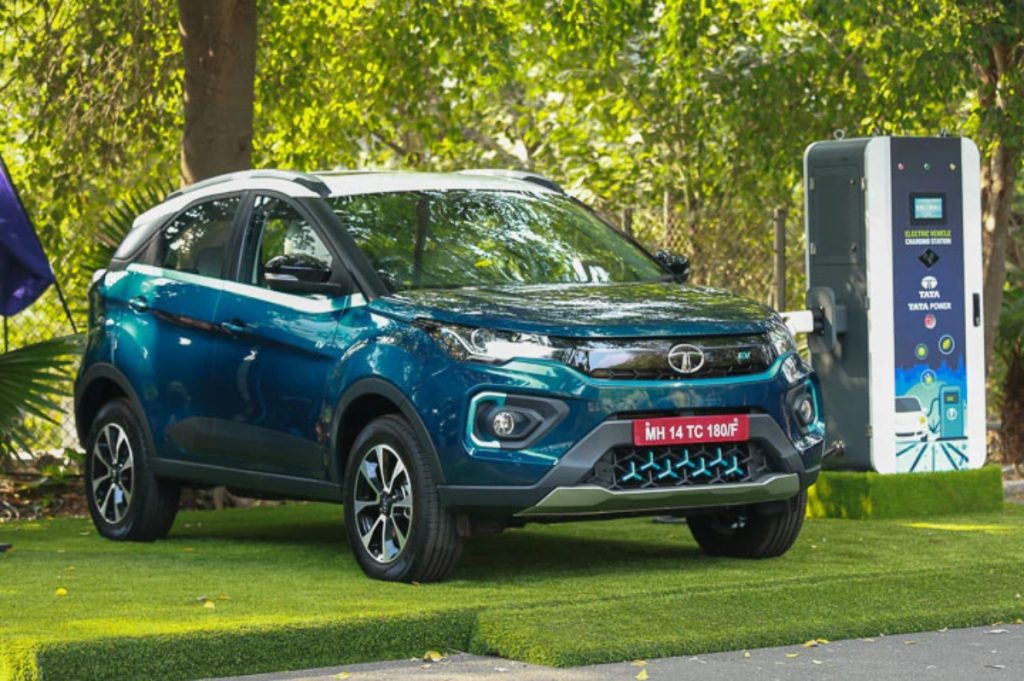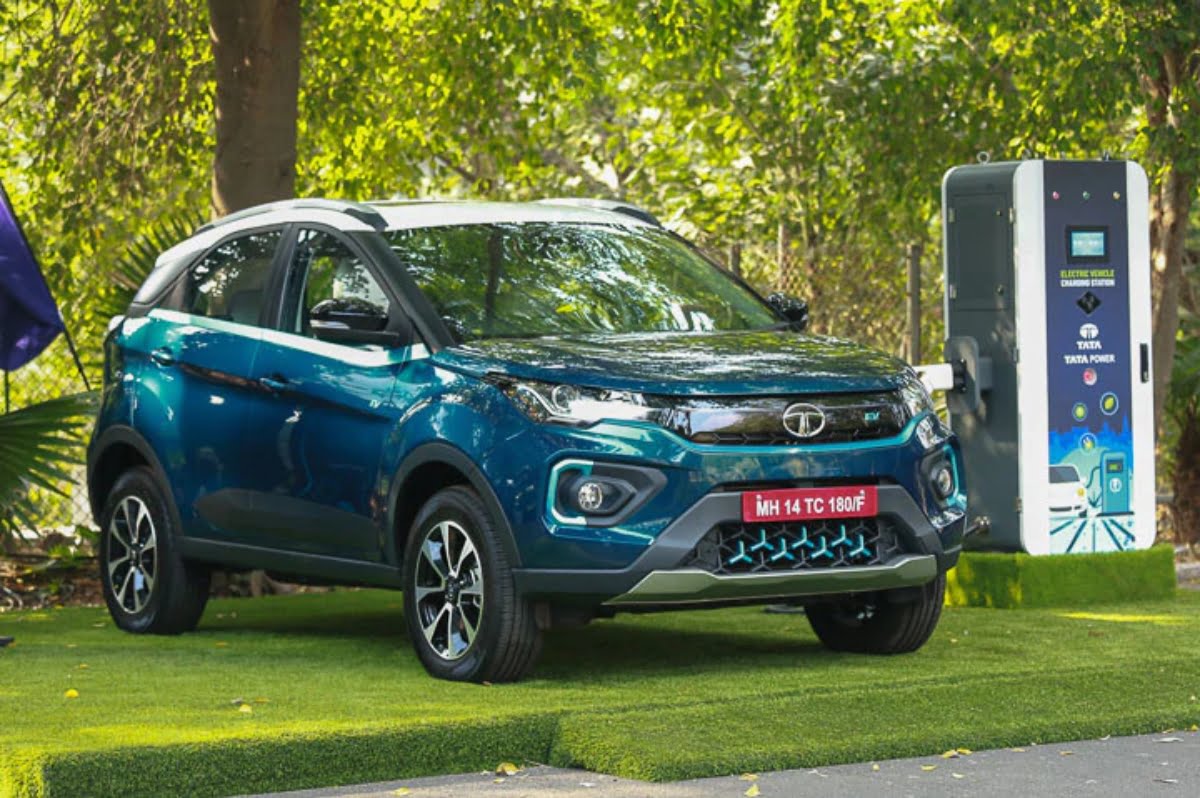Ever since Tesla has announced its arrival on our shores, the news around electric vehicles (EVs) is getting attention from potential buyers and industry experts alike. We are clear on the fact that the future of mobility is electric, in some shape or form. Be it plug-in hybrids, mild-hybrids or fully electric cars, this is clearly the only way at the moment to get the emissions under check. The trend is growing rapidly in India over the past few years and more and more players are getting into this segment with a new range of products. In India, the biggest share of the EVs is in the commercial vehicle segment, for example, electric buses and three-wheelers. But the passenger vehicle segment for personal use is growing very quickly as well.
Also read: Cost of ownership comparison – Petrol vs Diesel vs Electric cars!

Tata is the most successful company in India in that segment. The sole reason for that is the Nexon EV. There are other offerings from Tata as well, like the Tigor EV, but Nexon has been simply unmatchable for the competitors and is by far the most popular EV in the country.
Also read: Challenges for EVs in India!
Tata Nexon EV
Tata is celebrating the 1st anniversary of the Nexon EV and has made public the journey towards making this revolution happen. It is also the most ideal occasion to take a look at what Nexon EV has managed to achieve, where it is currently and what the future plans for the brand are. To talk in terms of the numbers, the Nexon EV currently sits at 64% market share (YTD for FY21). In the calendar year 2020, Tata managed to sell a whopping 2,529 units of the Nexon EV making it the best-selling electric car in India by quite some margin. Between September and November 2020 alone, more than 1,000 Nexon EVs were sold in India. This speaks volumes about the growth of the EV market in India.
Also read: How is electric vehicle market evolving in India!
Tata Nexon EV – Reasons for success
There are plenty of reasons for this success. Let us start with the affordability. We know that EVs are substantially expensive than their ICE counterparts. But the Nexon EV still is well within the reach of customers with prices ranging from Rs 13.99 lakh to Rs 16.40 lakh, ex-showroom. With this price, however, you do get a powerful powertrain and decent range as compared to the cheaper options. This makes the Nexon EV very practical and gives the buyers peace of mind.
Also read: EV segments in India – Where will Tesla fit in?
Secondly, Tata Power has been developing rapid infrastructure to facilitate the maintenance aspects of the EVs in India. It is making sure to install charging stations at homes of all the 3,000+ customers of the Tata EV range. Tata Power has the largest fast-charging infrastructure and has already installed more than 300 charging stations in 26 cities across the country and certain prominent highways. By the end of March 2021, Tata Power aims at setting up more than 700 charging stations across various cities and highways all over India. This might seem ambitious but we are already on the track of achieving this very soon. This will undoubtedly boost the demand for EVs in India further.



